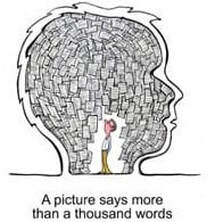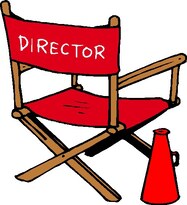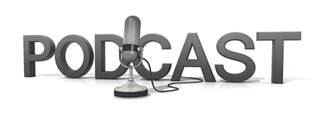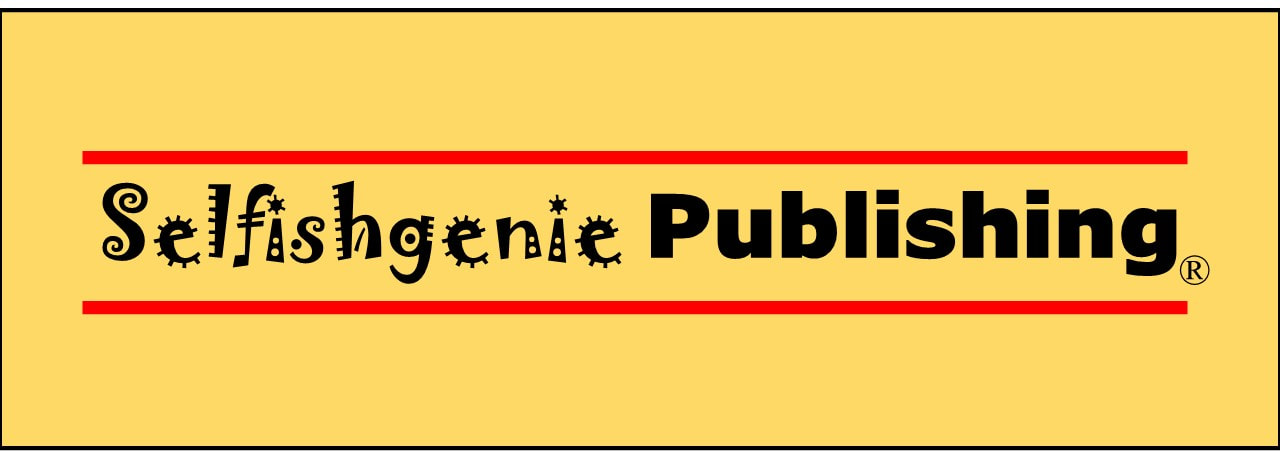Week 14 - Differentiate or Die*  Fact: there are currently over 33 million individual book titles listed on Amazon. OK, some of those are in foreign languages or their subject matter is of no interest to your readers, but even taking them into account, there is a lot of competition for the Indie author to contend with. So, two questions: 1. What can you say about your book that will make it stand out from the crowd? and 2. How can you present that message in a way that will appeal to the reader? If you can answer those two questions you have a fighting chance of selling your book. If you can’t, then I suggest taking up fishing or knitting, or anything that isn’t writing books. "you are creative with words" But you are an author. That means you are creative with words. That is a good start. But you also need to engage with other forms of creativity because words alone will no longer sell books. Back in the days when the written word was king it would suffice, but in the 21st century, written promotions are as out of date as water mills to grind corn. Think about the amount of different media that is now available and then think about the sort of content that is most popular.  If a picture is worth a thousand words, a video has to worth ten thousand. That’s why Twitter sets its character limit at 280. They know that some people don’t want to read messages that are longer than that – but those same people will watch a video. We know that because YouTube is so popular. Differentiating a product is the art of making it more appealing when compared to its competitors. Car makers do that by adding different features to their cars, changing the exterior shape or providing different colour schemes and interior finishes. Ice cream manufacturers do it by selling different flavours. Some businesses differentiate on the basis of quality (“luxury” chocolates, for example) while other differentiate on the basis of price; making their product cheaper than the competition. And the author must do it by making sure that their book is more appealing to the reader than the hundreds of similar books that are available. But authors have to do it before the reader has even sampled the product. “sell the sizzle, not the sausage”  There is a saying in the world of sales: “sell the sizzle, not the sausage”. What that means is that you have to create a vision of the product, rather than the details of what it is. Imagine a sausage (a vegan one if you wish) sizzling away in a pan, the aromas wafting through the air to reach your nose. Imagine it being placed on a plate alongside potatoes and vegetables. Imagine a piece being sliced off and being raised to someone’s lips as they start to eat. Compare that to the actual description of a sausage I found on the internet: “an item of food in the form of a cylindrical length of minced pork or other meat encased in a skin, typically sold raw to be grilled or fried before eating.” Which of those two paragraphs is going to make your mouth water and make you think about going out to buy some sausages? That is how you have to differentiate your books. Saying that your book is a love story about two strangers who meet on a train before being separated by a train crash may be factual, but it isn’t exciting. It is the equivalent of the dictionary description of a sausage. But saying “Alex and Sam were doomed to be parted. Fate had its own plans for them and it would take all their hopes and dreams to bring them together once again. That’s the sausage sizzling description. "everyone can now be a movie director"  Now, imagine that you are watching TV or perhaps YouTube and you were actually presented with the image of Alex and Sam being parted and searching for each other across whatever divides them. Wouldn’t you want to know if they find each other once again? And that is what modern technology allows us to create. Because everyone can now be a movie director. All they need is a phone, some software and a bit of imagination. You don’t even have to have the phone. You can create videos from montages of photographs or other images (providing you have the right to use them). A little bit of training is always helpful and this free course offered by Future Learn is all about creating the right content for the right audiences, Throughout this series of blogs, we have focused on social media as the way to market books, because it is free (unless you use their paid advertising services). But just because it is free it doesn’t mean that you can’t get creative with it. Microsoft Moviemaker 10 (other free film making packages are available) allows you to do a wide range of things just using slides created from Powerpoint or similar packages, but if you can create video clips with your phone's camera then you can do even more. It isn’t hard to learn to use so go, play, have fun and be creative.  If you think that making a movie is too complicated, try a podcast instead. These allow you to read extracts from your books to stimulate interest. Platforms such as Spotify for Podcasters allow you to upload your podcasts and you can promote them through your social media channels. The one difficult thing about podcasts is making sure that the listener knows which character is speaking, or whose point of view is being observed. Professional narrators often use different voice ptich or different accents, but you will have to find your own way of doing it.  But whatever media you are using for promoting your work, make sure the language is:
If you are writing for a young audience then you can use the sort of relaxed forms of language that young people use, but if your target audience is older, then more formal language may be appropriate. By tone we mean that the words you use match the type of book you have written. If your book is supposed to be humorous, you can adopt a bantering type of tone. If it is serious you have to use a more serious tone. If it is dramatic, then dramatic language is appropriate.  Record yourself saying the words and play them back to yourself. Do they sound right, in the context of the book you have written? If they don’t, your audience may be put off. They certainly won’t be engaged by what you have produced, regardless of the media you are using. Above all you have to create the “sizzle” for your book to encourage the reader to click a link and go to the place where they can buy the book. If they don’t do that then your message has failed. OK, you won’t get a click from very viewer/listener/reader, but if you get enough clicks you will get sales. There are two areas we have yet to cover in detail. First of all, if a reader wants to buy a new book but hasn’t seen any of your social media content (despite your best marketing efforts that’s still a possibility), how do you help them to find it? This is called Search Engine Optimisation (SEO). We’ll be discussing that next week.  We have covered measurement in passing, within other blogs, but it is an important subject in its own right, because if you don’t measure the right things at the right time, you’ll never know if your marketing strategy is working. And if you don’t know if it’s working, you can’t improve it. So, we’ll also be covering that in next week’s blog. * Jack Trout, marketing guru. If you have enjoyed this blog and want to make sure you don’t miss future editions, you can sign up for our newsletter. Just click the button below. Don’t be afraid, we promise not to “spam” you and if you don’t like it, you can unsubscribe later.
0 Comments
Leave a Reply. |
AuthorThis blog is compiled and curated by the Selfishgenie publishing team. Archives
June 2025
|

 RSS Feed
RSS Feed